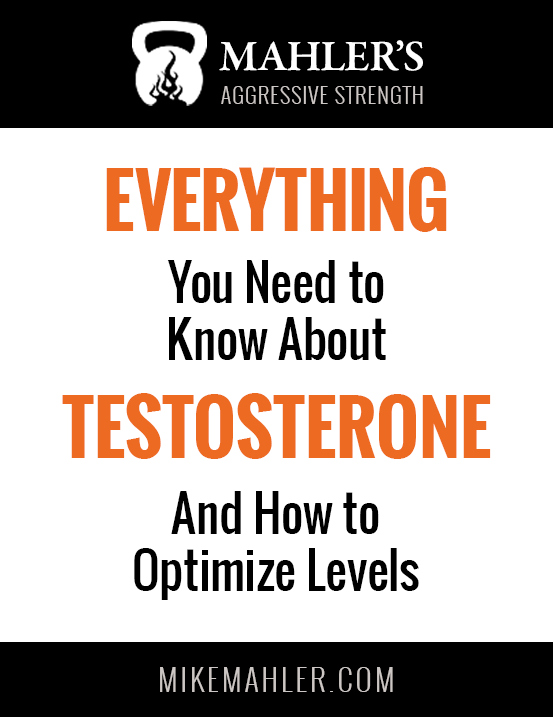According to anti-aging expert, Dr. Thierry Hertoghe, optimal testosterone levels increase hair growth on the head as well as beard fullness. It’s the conversion of testosterone to the stronger DHT which can accelerate hair loss in those with a genetic predisposition to baldness. This is why many use drugs such as finasteride to reduce DHT levels. Unfortunately one of the common side effects is the obliteration of libido and sexual function which can continue long after one stops taking finasteride.
Optimal DHT levels are even more important than testosterone for sex drive and function and reducing levels significantly will have a serious impact on both. In fact, there was a study a while back in Italy in which some men over the age of fifty-five used DHT cream for several weeks. All of the participants noted hair loss but none of the men wanted to stop taking the DHT as they all noticed a huge increase in sex drive and function!
Rather than reducing DHT levels to the very low range in order to prevent further hair loss, a much better option is to protect the hair follicles from DHT but not lower production elsewhere. There are several shampoos on the market that fit the bill such as the following DHT blocking shampoo
Addressing vitamin and mineral deficiencies is another crucial component of improving hair growth and avoiding hair loss. Vitamin C, B vitamins, Vitamin E, Vitamin A, and Vitamin D are not only important for hair health but overall health and hormone production. The minerals iron, magnesium, zinc, and selenium are also paramount for hair health and once again hormone production and balance. If you have poor gut health, you will have an impaired ability to derive the maximum nutrition from food and in turn will likely have poor levels off these crucial vitamins and minerals. If you suspect vitamin and mineral deficiencies are contributing to your hair loss, you can do a spectracell test to confirm what you’re lacking.
Another primary cause of hair loss is excessive stress. Excessive stress induces high cortisol levels which in turn impedes sleep. If your sleep quality is poor, you’re facilitating hair loss. Many like to brag about how they only need four hours of sleep per night, but the majority of these sleep-deprived zealots have one thing in common: Excessive hair loss or full-blown baldness. You may not require eight hours of deep sleep every night to function optimally and support hormone production, but you’re kidding yourself if you think you can thrive indefinitely with constant sleep deprivation.
If you don’t think you have time to sleep more, try canceling your cable bill. The average person watches more than four hours of television a day and that time can be redirected to sleep and more productive activities instead of excessive consumption of content. Wasting time on social media is another common time waster and spending time in front of screens before bedtime hampers melatonin production and in turn quality sleep.
I like to do thirty-day experiments in which I cut out certain activities to access the pros and cons. I deleted both my Facebook and Twitter accounts after the last experiment which I don’t regret one bit. Both are blackholes for wasting time and there is always something better to do than spend time on social media conversing with people you will never meet in the real world.
Here are some more tips on how to address excess cortisol levels
- Quit a job you can’t stand and have zero passion for. Yes, I realize this is not practical for everyone to do immediately. However, life is too long to do a job you hate and too short to not do something fulfilling and enjoyable. Make it a priority to start exploring options.
- Get out of toxic relationships and avoid negative people who complain all day long. I don’t associate with incessant complainers who never do anything to improve the quality of their lives. Their negativity is contagious so avoid catching the complainer flu by avoiding negative people.
- Pomegranate lowers cortisol by a third Check out this article
- Consume quality nutrition every four hours so the body has a steady supply of fuel to operate optimally.
- Try red light therapy which may increase testosterone, lower adrenaline (and in turn cortisol), improve mood, brain health, reduce pain, and support and hair growth. I recently started utilizing red light therapy daily and I will discuss it further after I have more experience. In the meantime, check out this clip Red Light Therapy
- Vitamin C at one gram post-workout
- Theanine at 500mg to 2 grams reduces cortisol and helps with relaxation and reduces anxiety.
- Magnesium 400-800mg post-workout and or before bedtime
- Systemic Enzymes lower the need for inflammation and in turn lower the subsequent cortisol response. 2-5 caps 3x per day of Restorezyme
- Adaptogen herbs such as Rhodiola Rosea, Ashwagandha, Maca, Siberian Ginseng, increase stress reserves and reduce the need for cortisol
- Mediation 30 minutes per day. I use the Holosync program
- Regular massages
- Avoid excessive alcohol intake or ideally, alcohol altogether as all alcohol consumption contributes to insulin resistance and conversion of testosterone into estrogen.
- Keep intense training kept under forty-five minutes increases anabolic hormones and reduces adrenaline and in turn cortisol

